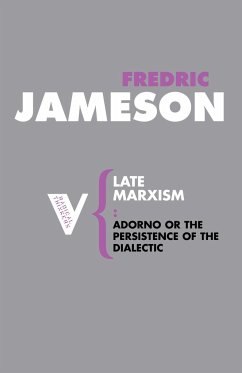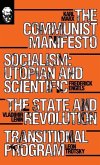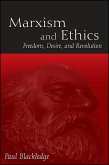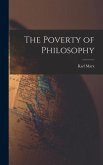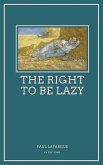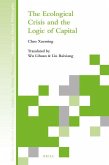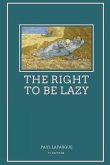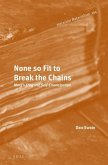Theodor Adorno is widely recognized as one of the intellectual giants of the twentieth century, as a foremost cultural critic and philosopher, and one of the most important figures in the Frankfurt School and Western Marxism more generally. And yet, Adorno's reputation has suffered from accusations about his alleged pessimism and, even worse, from attempts by postmodernists to recruit him to their war against all 'grand narratives', including, most importantly, Marxism itself. In this work Fredric Jameson rescues Adorno from the claws of his critics and the clutches of his false friends. Jameson sees Adorno as not only a thinker whose contribution to Marxism was unique and indispensable, but also as the theorist of late capitalism. Late Marxism introduces Adorno's thought to a new generation of dissidents and demonstrates the freshness and relevance of dialectical thinking to criticism and resistance today.

